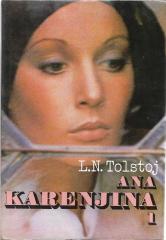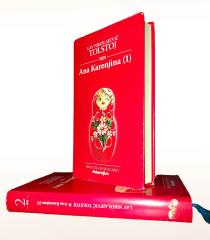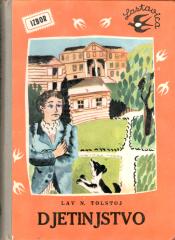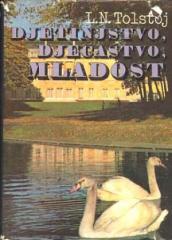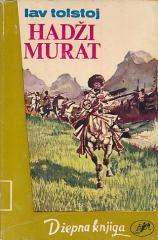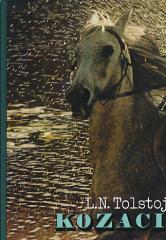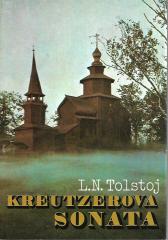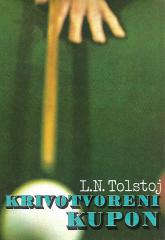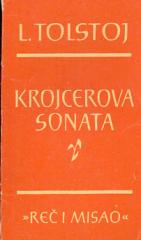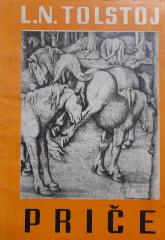Lav Nikolajevič Tolstoj
Naslovi u ponudi
Ana Karenjina
Als einer von Tolstois größten Romanen vereint das Werk psychologische Tiefe, realistische Gesellschaftsdarstellungen und philosophische Themen. Anna ist eine literarische Ikone, und der Roman schlägt eine Brücke zwischen frühem Realismus und späteren mor
Ana Karenjina I-II
Roman koji je Dostojevski smatrao besprijekornim, a Faulkner nazvao najboljim romanom koji je ikada napisan, monumentalno je djelo Lava Tolstoja koji daje sveobuhvatan prikaz ruskog društva devetnaestog stoljeća.
Djetinjstvo
Djetinjstvo (1852.) prva je knjiga autobiografske trilogije (s Odrastanje i Mladost), gdje Tolstoj kroz oči desetogodišnjeg dječaka Nikolinke Irtenjeva istražuje svijet djetinjstva – nevinost, radosti, tuge i prve traume.
Djetinjstvo / Dječaštvo / Mladost
Leo Nikolayevich Tolstoy, in his autobiographical trilogy Childhood (1852), Boyhood (1854), and Youth (1857), follows the growing up of Nikolai Irtenyev, a young nobleman whose experience mirrors Tolstoy's own youth.
Hadži Murat
Hadži Murat is a novella written by Leo Tolstoy from 1896 to 1904 and published posthumously in 1912 (although in its entirety only in 1917).
Kozaci
The Cossacks (1863) is a key work in Tolstoy's early work, a bridge between his autobiographical works and his later epics. Inspired by Tolstoy's own experiences in the Caucasus, the work lays the foundation for his critique of civilization.
Kreutzerova sonata
Leo N. Tolstoy, a master of literature, explores deep themes of human existence, morality, and society in his novels The Blizzard, Albert, Three Deaths, Father Sergius, The Master and the Servant, After the Dance, and Hadji Murad.
Krivotvoreni kupon i druge pripovijesti
The stories Morning of a Nobleman, From the Notes of Prince Nekhludov, Marker's Notes, The Scale, Two Hussars, The Prisoner of the Caucasus, The Forged Coupon, The Death Notes of Old Man Fyodor Kuzmich, and Why? explore themes of morality, society, and sp
